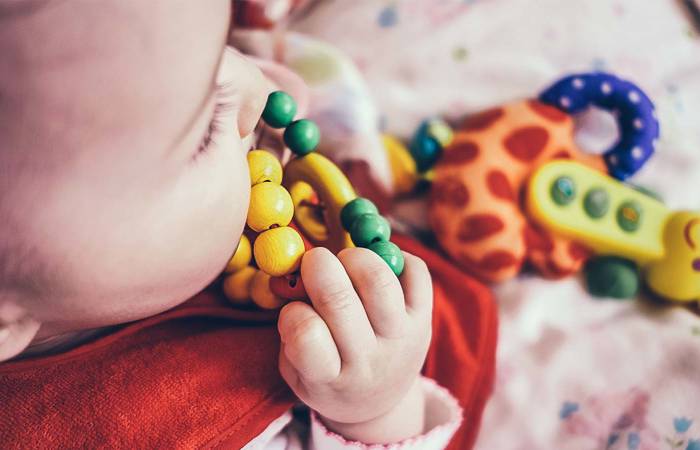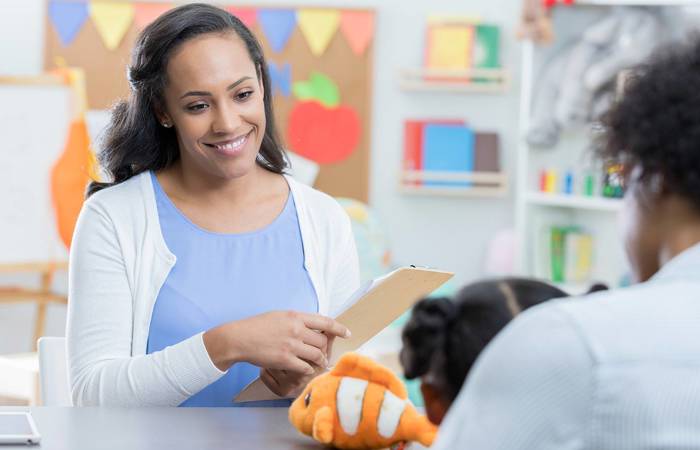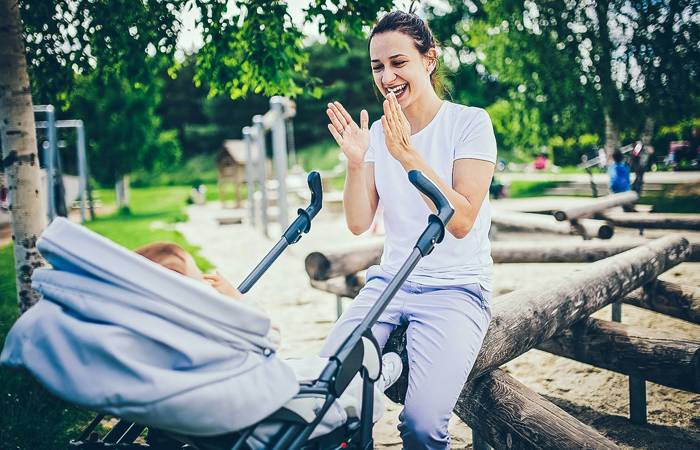Like what you see?
Sign up to receive more free parenting advice.
Thank you for subscribing to our newsletter!
Early Learning

Credit: iStock.com/HKPNC
Research shows that one in five Australian children are starting school developmentally vulnerable, but a new major research project aims to build and share evidence that will ensure children get the best start to a successful life.
The Australian Research Alliance for Children & Youth (ARACY) is leading the “Great to Eight” project with the aim of ensuring every child in Australia starts school ready to learn, ready to engage and face challenges.
According to the Australian Early Development Census about 20 percent of our children are starting school vulnerable in at least one of five areas: physical health and wellbeing; language and cognitive skills; and social competence. Many of these children never catch up.
With support from the Ian Potter Foundation, the “Great to Eight” project has a ten year research agenda for early childhood development, which will be developed for use by policy-makers, academics and philanthropists to coordinate and fund research for the greatest impact.
There’s this little window between the age of zero until eight and we want to make sure by the time children are eight, they are on track.Diana Harris
Stay up to date with the latest news and articles from First Five Years
Thank you for subscribing to our newsletter!
Diana Harris, General Manager Projects and Programs at ARACY says “Great to Eight” is incredibly important for Australian children.
“We know the early years are a time of incredible growth and development for children. We know that at this time one in five children aren’t quite hitting their milestones in one or more areas. And we also know that when children start on the back foot they tend to stay on the backfoot,” Ms Harris says.
“There’s this little window between the age of zero until eight and we want to make sure by the time children are eight, they are on track. We’re going to do this by working with the sector to create this long-term research agenda which will guide investment and make sure were looking into the right things.”
10-year research agenda
ARACY CEO Penny Dakin claims the changes happening in a child’s brain during the birth to eight years period are vital.
“It’s a time when we actually have the power to create long term changes. One of the things clear to us in that period is that we actually know, through a lot of research in Australia as well as international research, what makes a child’s life positive during the first five years,” Ms Dakin says.
“We know what wellbeing looks like, we know the things we need to do for a child during that period. But we don’t have all the knowledge. What this research agenda will allow us to do is to identify the things we don’t know, to not spend our very limited resources in this space on things that we already know, but to drive innovation.”
The 10-year research agenda will be developed by consultation with a wide range of experts within the child development and wellbeing sector. This first phase will bring together the leading experts across sectors to help design a tool to set research priorities that will address gaps, reduce duplication, and align and focus our efforts where they need to be.
Discovering what makes the most difference
Ms Harris says the “Great to Eight” research agenda will be structured around ARACY’s wellbeing framework, “The Nest.”
“The Nest looks at wellbeing as six interconnected domains, each necessary for a healthy, happy, thriving child. Supporting and nurturing a child in one domain strengthens the others, and vice versa – a child who is not supported or doing well in one domain is likely to be negatively affected in other areas as well,” Ms Harris says.
“So the research agenda doesn’t just focus on education or health or one aspect, we recognise we need all these things in place to take that holistic view. We’re at the very first stage of this project which is designing a mechanism for setting priorities; looking at what will make the most difference and where we can identify the gaps.”
Mapping the course for the next decade
ARACY will seek partners with expertise in early childhood education, child health, parental health, family and community educational engagement, and others to document the research that exists, needs to be undertaken, and applied to ensuring every child in Australia gets the chance to achieve their potential. This 18-month project will map the course for the next decade to 2030.
Ms Dakin says it’s important for ARACY that the process is undertaken in a very collaborative way.
“We want this agenda to be something everyone can get behind and come together in identifying the gaps and then coming up with an appropriate mechanism. The Federal Government’s Early Development Sector has been going now for several years and we’re not seeing big changes in the number of kids turning up to school vulnerable,” Ms Dakin says.
“Possibly we might be plateauing now but that’s despite a decade of investment and efforts in this space. One thing we know from where we sit as a national organisation is that there’s a lot of things happening, but it’s not particularly well coordinated, and it’s not collaborative.”
“We’re keen to consult with teachers, with educators, with early childhood experts around the country as we develop this agenda so they can tell us the things they don’t know, and there’s probably a role there for parents too.”







